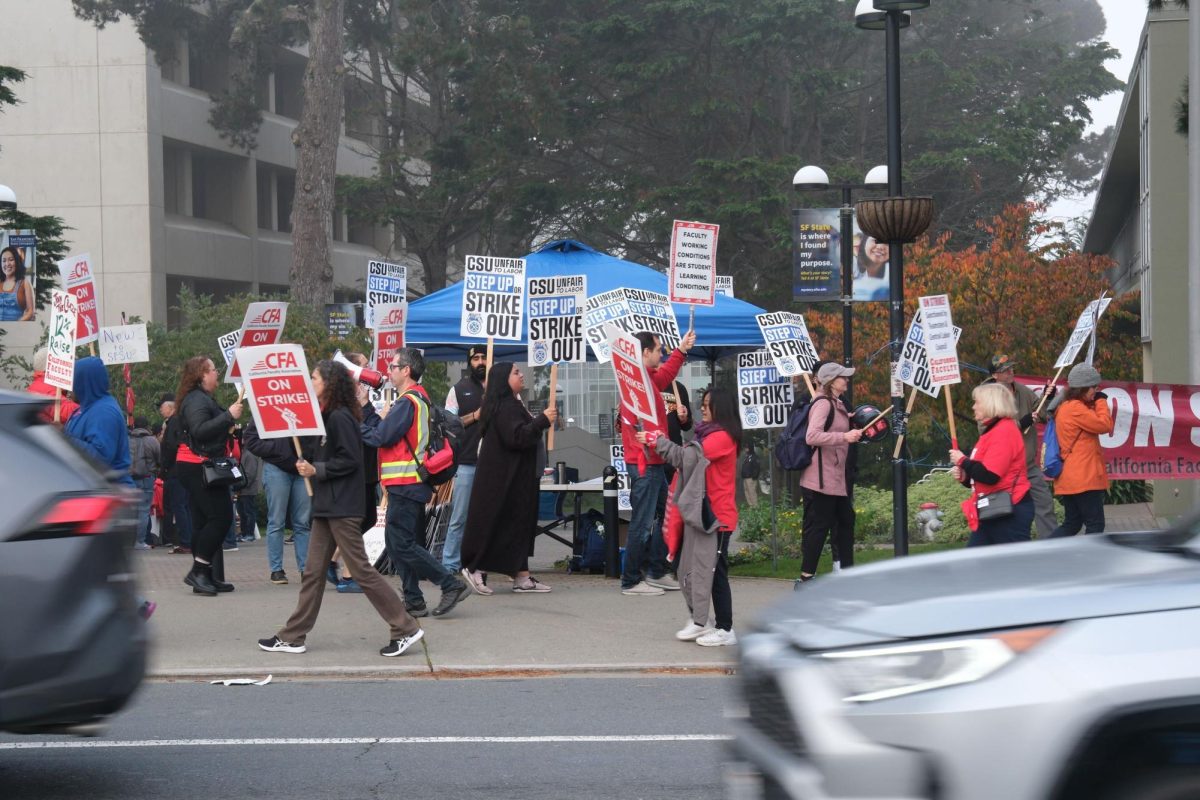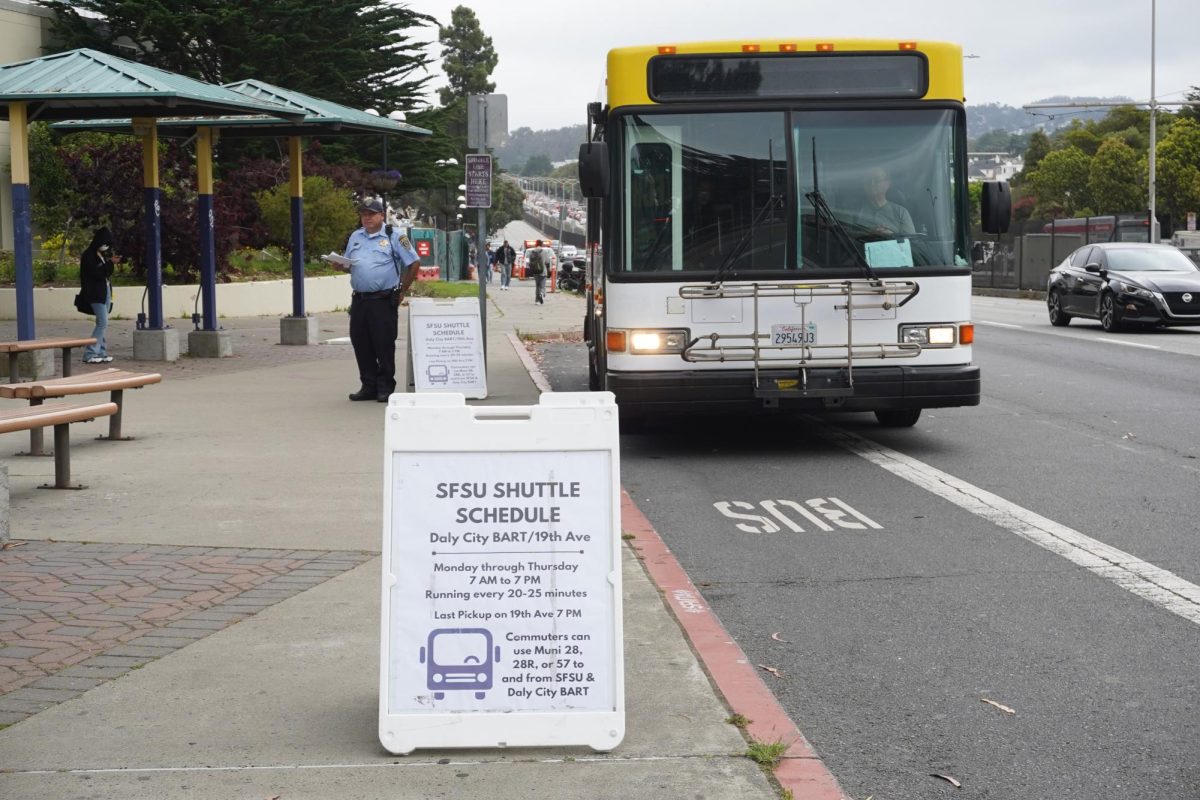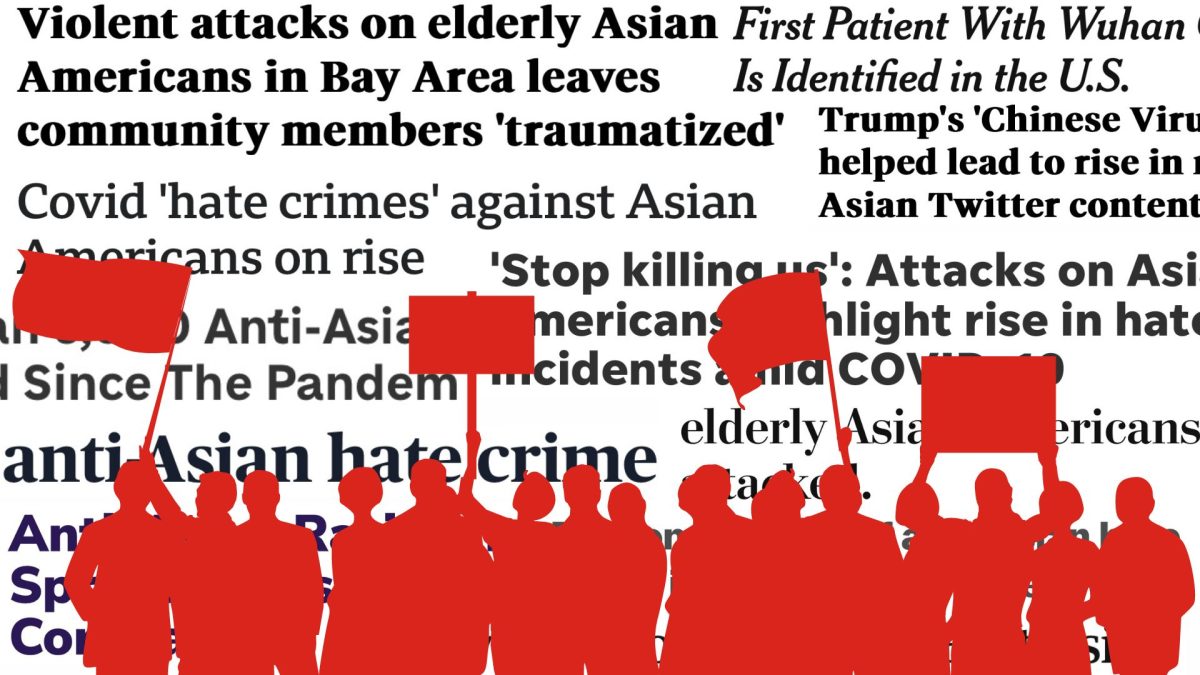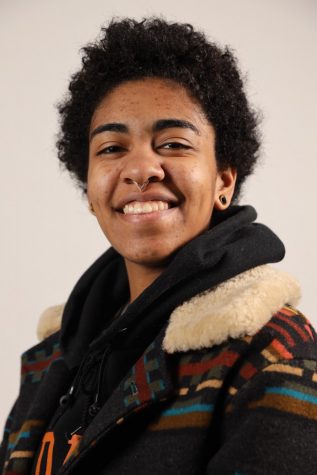SF State helped the Astronomical Society of the Pacific (ASP) celebrate its 130th birthday, co-hosting the 2019 ASP: Earth to Space – Celebrating a Century of Astronomy.
The ASP, a nonprofit organization founded in 1889 that developed curriculum and training programs to promote public interest in science, set up astronomy-themed activities on campus. The larger event of the day consisted of panel presentations from various astronomers in the Bay Area and a few special guests that flew in.
Such a study raises the question: Is there a plan B for people if the Earth is too far gone?
Debra Fischer, who began her discovery of exoplanets at SF State and is currently an astronomy professor at Yale University, opened the third panel of the evening, Astronomers for the Planet: Actions for a Habitable World.
Astronomers are studying planets like Mars and nearby exoplanets, planets discovered outside of the solar system. They are determining these exoplanets’ ability to store water and maintain a habitable temperature.
“We consider the energy intercepted by the Earth and we know the planets closest to the host star will be too hot and the planets that are far away are too cold and in the goldilock zone are planets like the Earth,” Fischer said. “Where the molecule H2O is not in the form of gas and it’s not frozen in ice, but in liquid water.”
Even though water is a crucial element to maintain life, the Earth and its solar system contain unique elements that are difficult to capture on other planets, such as Earth’s global magnetic field, the moon, and surrounding planets like Jupiter that help protect the Earth from larger asteroids Fischer said.

Steve Sun, Emily Samperio and Kendall Davis view the sun with an eclipse viewer in the quad. (Photo by Juan Carlos Lara/Golden Gate Xpress)
San Francisco was one of the first cities to implement a climate action plan in 2004, to reduce the number of greenhouse gases produced in the city and mitigate the carbon in the atmosphere.
“Our goals are zero waste, zero incineration, zero toxins, 80% sustainable modes of transit … 100% renewable energy,” said Shawn Rosenmoss, Senior Environmental Specialist for the San Francisco Department of the Environment. “One-hundred percent renewable energy is going to be more than just slapping a bunch of solar panels on our rooftops. We have to get rid of all fossil fuels and electrify everything.”
The physics and astronomy department also opened its planetarium to the public for the day while they hosted an event for solar viewing in the quad.
“We’ve always had a tight collaboration with [SF State]; the current CEO is an alumnus from here actually,” said Brian Marino, an ASP member. “We’re hosting this event, giving a lot of talks from the faculty and from members of the ASP, as well as making sure to engage with the students showing off what we do on campus.”
ASP comes to SF State once a month, depending on how clear the skies are, for solar viewing. Two standard telescopes, a 5” Meade and a 8” Dobsonian are equipped with a Hydrogen-Alpha filter, or black-out filter, which blocks out 99.9% of light and allows students to see the sun in full view. Even though the sun is at a solar minimum, it gives people the opportunity to see something like solar flares or sunspots with their own eyes.








